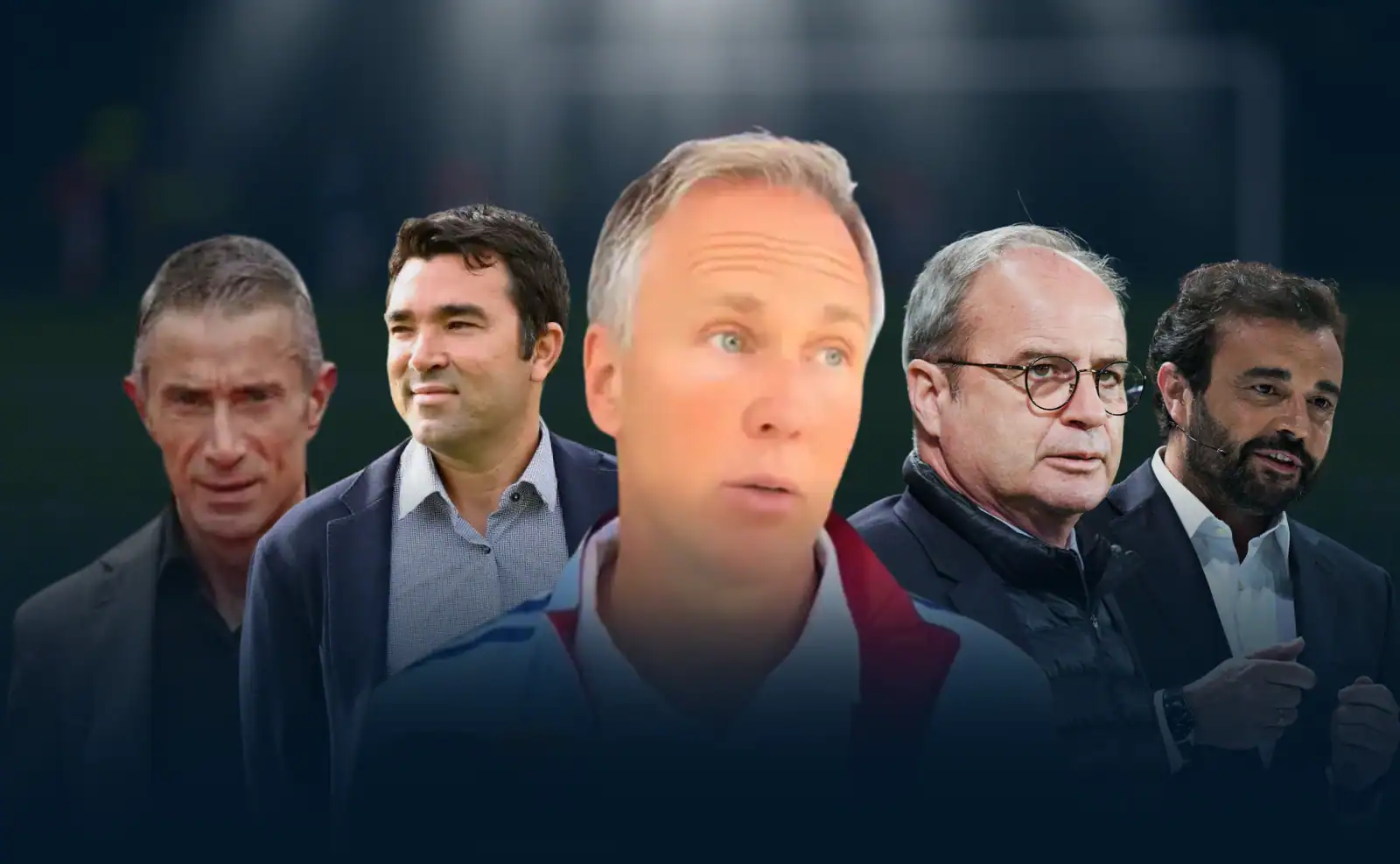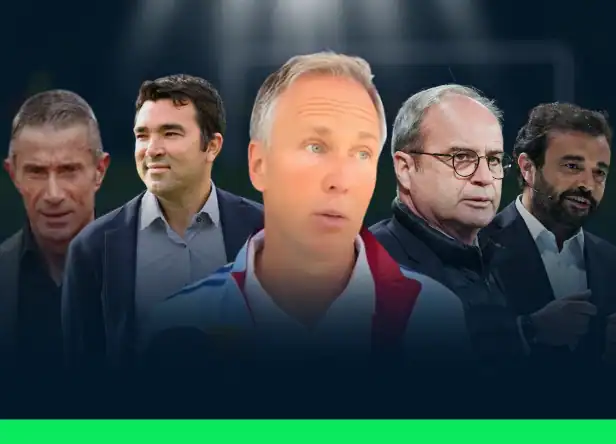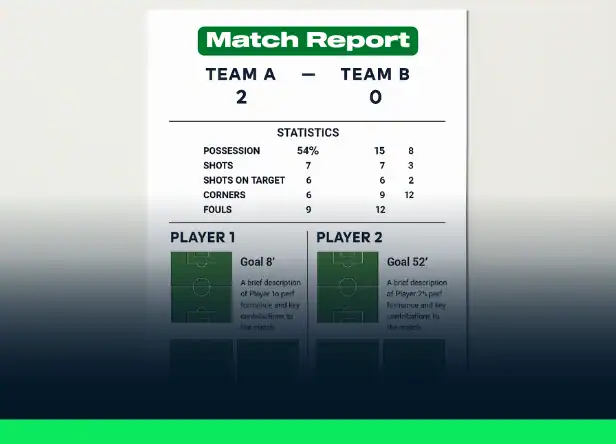In professional soccer, the sporting director serves as the architect behind a club’s long-term vision, orchestrating not only squad building and player development but also acting as the crucial bridge between the front office and the coaching staff. This executive role is integral to shaping the club’s competitive prospects and maintaining soccer and financial coherence at all levels.
What Is the Role of a Sporting Director?
What Is a Sporting Director?
The Sporting Director is a senior executive in charge of steering a club’s athletic goals, concentrating on the structural and strategic elements of soccer activities rather than just daily training or matchday strategy.
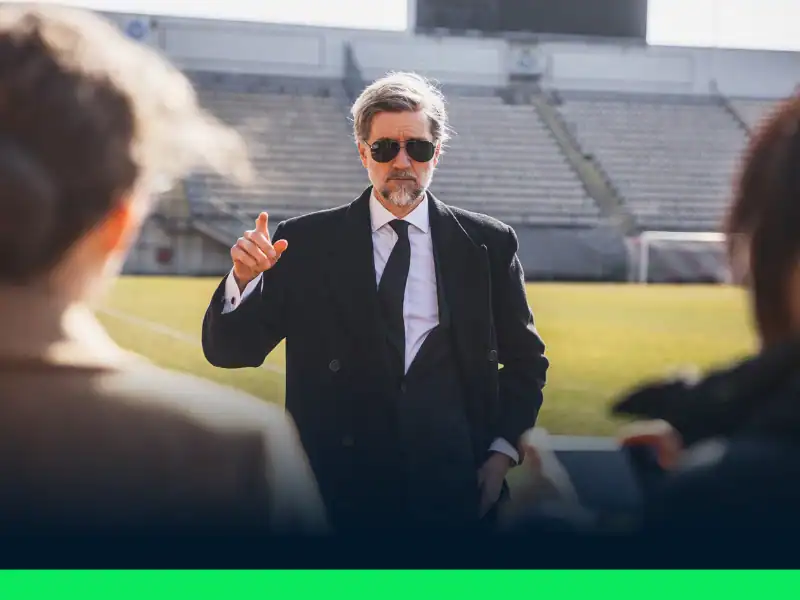
They also play a role in long-term roster planning and in managing finances related to transfers.
The Role of a Sporting Director in Soccer
Often misunderstood and less visible than other executives, the soccer sporting director holds a vital position.
Their work includes:
- Leading player recruitment efforts, establishing detailed player profiles based on the head coach’s tactical requirements, and negotiating transfers while respecting budget constraints.
- Supervising the youth academy and development pipeline, ensuring top prospects progress smoothly to first-team soccer.
- Managing relationships with player agents, peer clubs, and soccer governing bodies, including negotiating loans, buy-back clauses, and compliance with regulatory frameworks.
- Crafting and sustaining the club’s long-term sporting strategy, including talent succession planning, coordinating budgets, and analyzing transfer market trends.
This multi-faceted role ultimately works to provide the coaching staff with a structured, competitive roster and a pipeline of developing talent, aligning club philosophy from the youth ranks to senior soccer.
How to Become a Soccer Sporting Director?
As you may already know, landing a role in soccer can be challenging (we’ve previously covered how to become a coach or a player agent), and an executive role demands even more effort. Here are five key steps:
1. Formal Education
Grounding oneself in the principles of sports management, administration, and finance is vital. Typical educational paths include:
- University degrees (Bachelor’s in Sports Management, Master’s in Sports Administration): These programs, offered by many American universities, provide skills in management, sports marketing, and event organization—essential for taking on high-responsibility roles like sporting director.
- Specialized programs: In addition to traditional degrees, there are recognized certifications, such as those offered by SoccerEDU, which provide specialized training in areas like video analysis or.
These programs are not specifically designed for sporting directors but offer valuable additional expertise and practical skills that can be major assets when transitioning to this position.
2. Professional Experience
Practical application solidifies learning:
- Roles as assistant coaches or analysts provide inside knowledge of player development and match operations.
- Scouting positions foster talent identification expertise.
- Administrative or operational roles in clubs help build understanding of organizational dynamics and transfer processes.
Accumulating diverse soccer experience improves holistic competence necessary for the sporting director role.
3. Deep Soccer Insight
Many sporting managers use their history as ex-professional players or scouts. This gives:
- Intimate understanding of training demands, locker-room culture, and player psychology.
- Networks inside the soccer environment that help recruiting and negotiations: agents, teams, and youth academies.
One still has a great edge from experience on the field or in scouting activities.
4. Advanced Management Skills
They must be excellent managers and capable of:
- Managing a budget: One of their main responsibilities is overseeing finances related to transfers, player salaries, and team organization.
- Negotiating contracts: They must also be able to negotiate player contracts and commercial agreements in line with the club’s objectives.
- Leadership and communication: Aligning scouts, analysts, coaches, and board members under a shared vision.
What’s the Difference Between a Coach and a Sporting Director?
Often, the job of the sporting director and the head coach causes misunderstanding. Although cooperation between these jobs is necessary, their perspectives and obligations are quite different.
| Role | Head Coach | Sporting Director |
|---|---|---|
| Primary Scope | Day-to-day training, match preparation, player tactics | Squad construction, transfer strategy, and sporting policy |
| Time Horizon | Short-term focus (match to match) | Medium to long-term focus (multi-season strategic planning) |
| Key Interactions | Manages players directly on the pitch | Negotiates contracts, interacts with agents and executives |
| Measures of Success | Match results, player performance and morale | Sustainable squad depth, profitable transfers, academy graduates |
The athletic director gathers resources and framework; the coach creates performance teams and obtains results on the field—these roles are symbiotic.
What Is a Sporting Director’s Salary?
In the US market, the salary of a sporting director in soccer varies greatly depending on the size of the club, experience, and notoriety. Here’s an updated overview of 2025 salaries according to Zip Recruiter:
- In major professional clubs or in MLS, the average salary typically ranges from $100,000 to $160,000 per year, with significant variations based on experience, team success, and responsibilities. Top sporting directors at major clubs or federations can earn up to $225,000 or more, sometimes including bonuses.
- For regional clubs, academies, or smaller organizations, salaries are often closer to the national average, around $54,000 per year, with some roles starting at about $33,000. This level typically applies to development managers or directors at semi-professional or collegiate clubs.
Compared to Europe, US salaries are generally lower than those at top-tier European clubs (where salaries often exceed €1 million per year), but they offer solid career progression based on performance and professional development.
In Summary, in the US Market in 2025:
| Club/Organization Level | Annual Salary (2025) |
|---|---|
| Major Professional Clubs / MLS | $100,000 – $225,000 |
| Regional Clubs / Academy | $33,000 – $54,000 |
Performance-based bonuses can also significantly increase this compensation depending on the contract.
Sporting Director: An Unstable Career?
Salaries vary widely by club stature, with performance bonuses and profit-sharing clauses potentially doubling total compensation.
However, the career path is notoriously unstable. High turnover rates mean directors often face enormous pressure; consistent leadership is rare. For instance, AC Milan’s recent changes in sporting directors—from Fabio Paratici to Igli Tare—caused project disruption and strategic incoherence.
Bertrand Crasson, a former Anderlecht professional, cautions:
“How can a coherent sporting vision be maintained if sporting directors rotate annually? Excessive turnover threatens a club’s identity and hampers long-term success.”
Establishing a shared sporting philosophy with the board and the head coach is critical for stability.
The Most Well-Known Sporting Directors
Sporting Director of Atlanta United FC
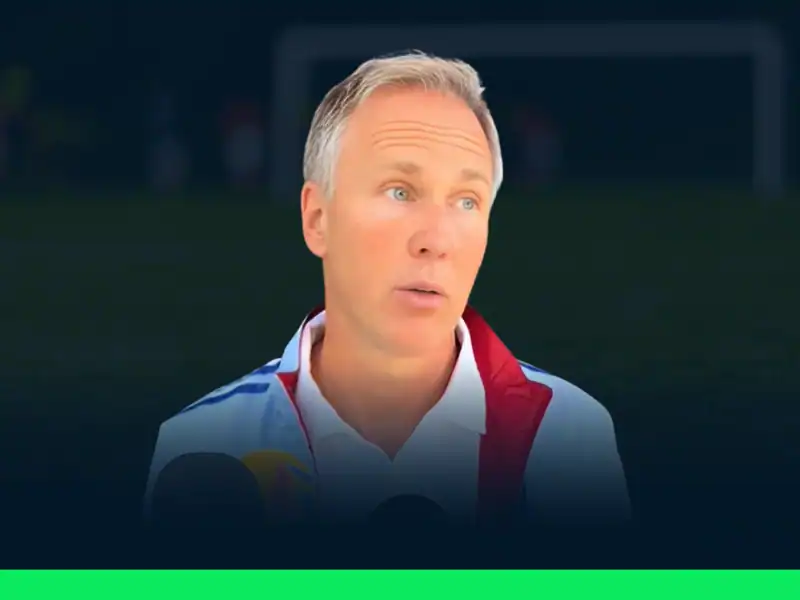
The current sporting director of Atlanta United FC is Chris Henderson, who previously served four seasons as sporting director and Chief Soccer Officer at Inter Miami CF.
Developed Inter Miami’s transfer system before leading Atlanta’s sporting framework to MLS success.
Sporting Director of Real Madrid
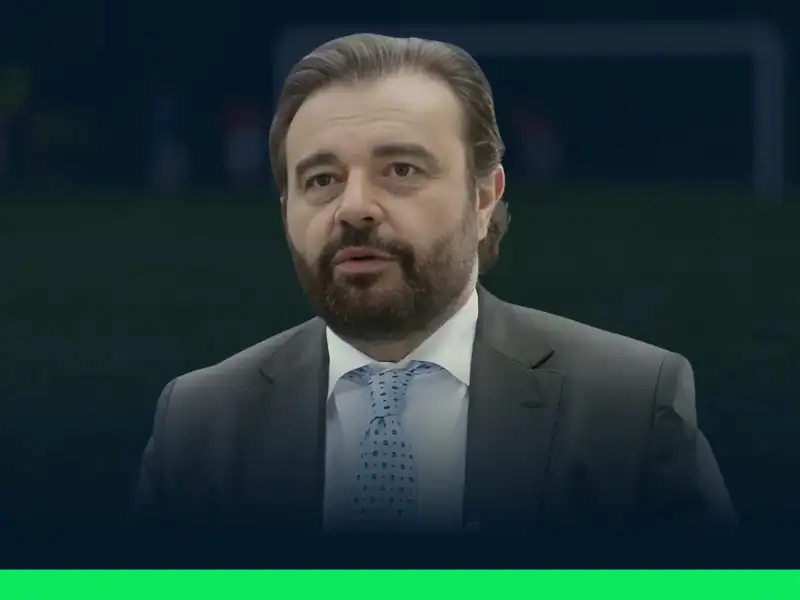
The sporting director of Real Madrid, José Ángel Sánchez, is a key figure in managing the club’s transfers and recruitment. Though he often remains behind the scenes while Florentino Pérez takes center stage, Sánchez plays a critical role in the club’s long-term strategy.
Managed high-profile signing strategies while preserving financial fair play and wage balance.
Sporting Director of PSG
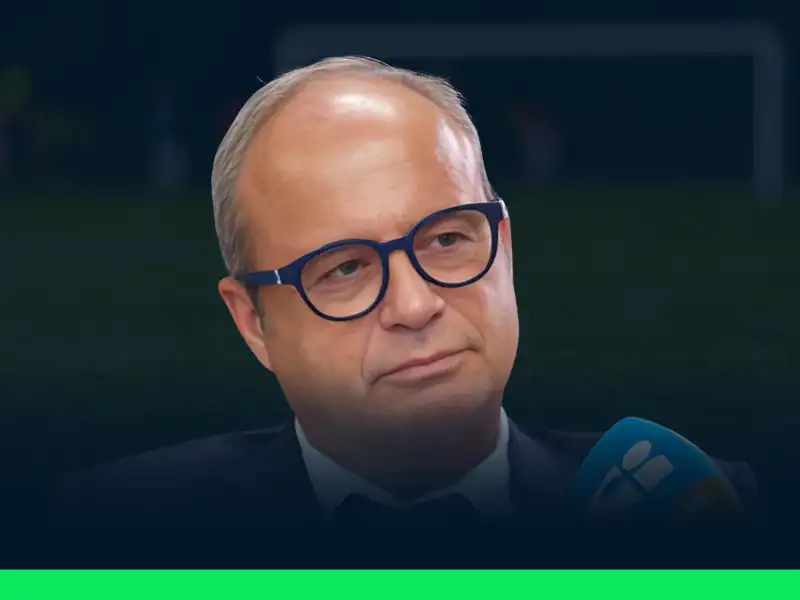
Luis Campos, PSG’s sporting director, promotes a strategic vision for the club.
Brought key talents like Vitinha and Nuno Mendes, reinforcing squad balance and longevity.
These executives exemplify how strategic recruitment, financial savvy, and long-term planning define the sporting director role.
The Sporting Director Role, in Brief
Figures like Chris Henderson at Atlanta United FC, Luis Campos at PSG, and José Ángel Sánchez at Real Madrid embody the strategic importance of this role. It’s a position at the heart of major decisions that demands strong skills in management, strategy, and negotiation.
Operating at the cross of soccer vision, financial management, and operational management, Sporting Directors, with their capacity to wed a club’s sporting philosophy with wise financial decisions and strong player development plans establishes the basis for ongoing competitive success.
The sporting director is the guardian of continuity, identity, and strategic insight—indispensable characteristics for any contemporary professional soccer club—in an age of hyper-competitive transfer markets and changeable coaching appointments.
Don’t wait-check out our courses in soccer today:
🔹 Soccer Video Analyst Course
🔹 Soccer Scouting Course

